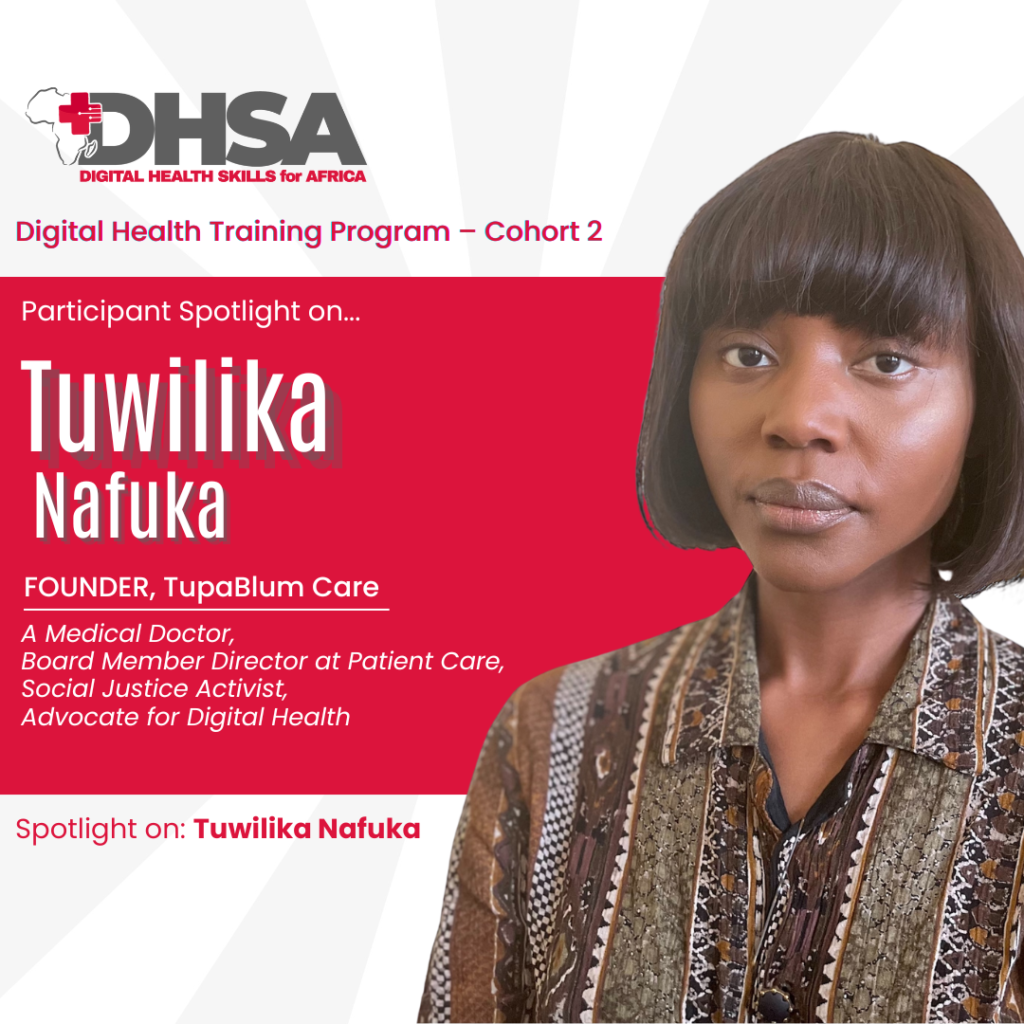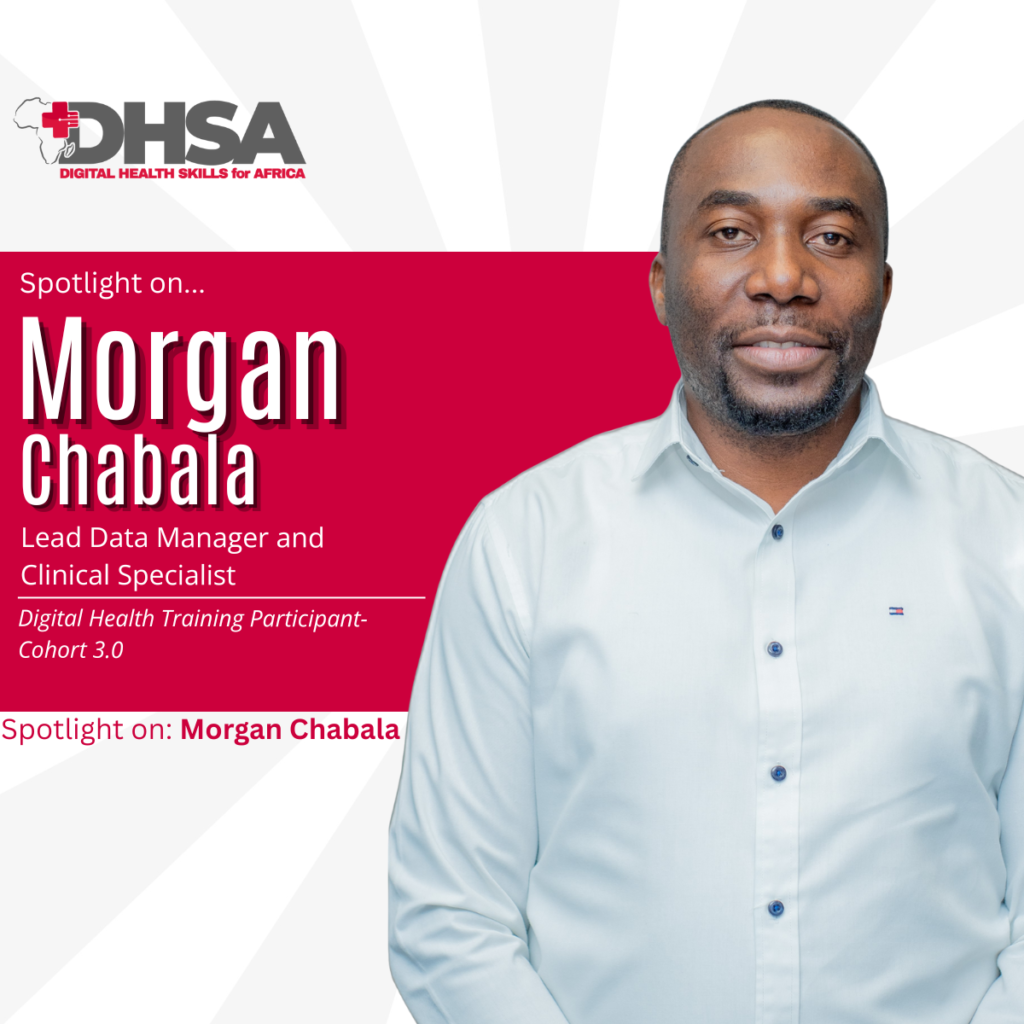
In the dynamic intersection of healthcare, technology, and social justice, few individuals stand out as boldly as Tuwilika Nafuka. A dedicated medical doctor, digital health advocate, and founder of TupaBloom Care, Tuwilika is at the forefront of transforming sexual and reproductive health rights (SRHR) in Namibia. Her rare combination of expertise in healthcare, media, and technology enables her to tackle complex challenges—from STI prevention and HIV care to reproductive health and mental well-being—with an innovative, interdisciplinary approach.
Beyond her pioneering work in digital health, Dr. Nafuka is a relentless champion of social justice. She has been instrumental in advancing SRHR by advocating for the liberalization of Namibia’s abortion laws and spearheading initiatives such as the creation of a national sex offenders register. Through her forward-thinking efforts, she is not only reshaping Africa’s digital health landscape but also empowering communities and laying the groundwork for sustainable, equitable health outcomes.
During our exclusive interview, Tuwilika Nafuka shared some remarkable insights into her experience:
- Please tell us a bit about yourself and your background in healthcare or
digital health?
I am a medical doctor, social justice activist, and digital health advocate
passionate about digital health transformation in Namibia. My work focuses
on integrating digital solutions into healthcare to improve access, efficiency,
and data-driven decision-making. I serve as a board member director at
Patient Care, a Namibian telehealth company. I am the founder of TupaBlum
Care, a digital health NGO dedicated to advocacy, research, and health
innovation. My interests lie in health information systems, policy
development, and leveraging digital tools to strengthen Namibia’s healthcare
ecosystem. I am an aspiring digital health transformation leader. - What are your perspectives on the state of digital health in your country?
Namibia’s digital health landscape is in its early stages, with only a few
telehealth companies and limited digitization of health records. While there is
an increasing interest in digital transformation, challenges such as
infrastructure gaps, lack of interoperability between health systems, and
limited digital literacy among healthcare workers slow progress. However,
with the right investments in capacity building, policy frameworks, and
innovation, Namibia has the potential to harness digital health to bridge
healthcare gaps, especially in rural areas. - What motivated you to apply for the Digital Health Skills for Africa
(formerly VC Health Tech Hub) Digital Health training Cohort 2.0?
I applied because I wanted to deepen my knowledge of digital health
frameworks, implementation strategies, and emerging technologies. As
someone working towards building digital health solutions in Namibia, I
needed structured learning, networking opportunities, and mentorship from
experts across Africa. This program provided an ideal platform to refine my
vision and gain practical skills that align with my goal of leading digital
health transformation in my country. - How has the cohort-based approach (networking, mentorship, and peer
learning) shaped your learning experience?
The cohort-based approach has been invaluable. Networking with like
minded professionals from different African countries has broadened my
perspective on digital health challenges and solutions. Mentorship has guided
strategic implementation, and peer learning has fostered collaboration and
knowledge exchange. This experience has reinforced the importance of
collective problem-solving in advancing digital health. - Can you share your take on digital health capacity building in Africa?
Africa needs a structured and sustainable approach to digital health capacity
building. Training programs like this are essential, but we also need
government-driven policies that integrate digital health into medical and
health sciences curricula. Upskilling healthcare professionals in digital
literacy, AI in healthcare, and data security is crucial for long-term success.
Public-private partnerships and investment in digital infrastructure will also
play a key role in scaling solutions. - Can you share a specific skill or knowledge area you’ve gained from the
training that you have already started applying in your work?
One key area is health information system interoperability understanding how
different digital health platforms can be integrated for seamless data sharing.
This has influenced my work in developing Namibia’s Digital Health
Directory, a project I am working on to help patients and healthcare
professionals navigate the health system more efficiently. - How do you see digital health shaping your career trajectory, and what are
your next steps after completing the training?
Digital health is central to my career. My next steps include launching my
Digital Health Directory, expanding TupaBlum Cares digital health
initiatives, and pursuing a master’s in digital health to enhance my leadership
in this space. - If you could implement one digital health solution in your community or
workplace today, what would it be and why?
I would implement a national SGBV (Sexual and Gender-Based Violence)
digital reporting and data collection system. Namibia lacks a unified platform
to track and address SGBV cases across police, healthcare, and community
organizations. A digital system would improve case management, policy
responses, and survivor support. - What advice would you give to healthcare professionals and/or students
considering a career in digital health?
Digital health is the future of healthcare. I encourage professionals to
embrace technology, develop digital skills, and explore interdisciplinary
learning. Whether through short courses, mentorship, or hands-on projects,
understanding how digital tools enhance healthcare delivery will be a game
changer in any medical or public health career. - Could you describe the Digital Health Skills for Africa (formerly VC
Health Tech Hub) Digital Health training in three words?
Transformative. Collaborative. Future-focused.


